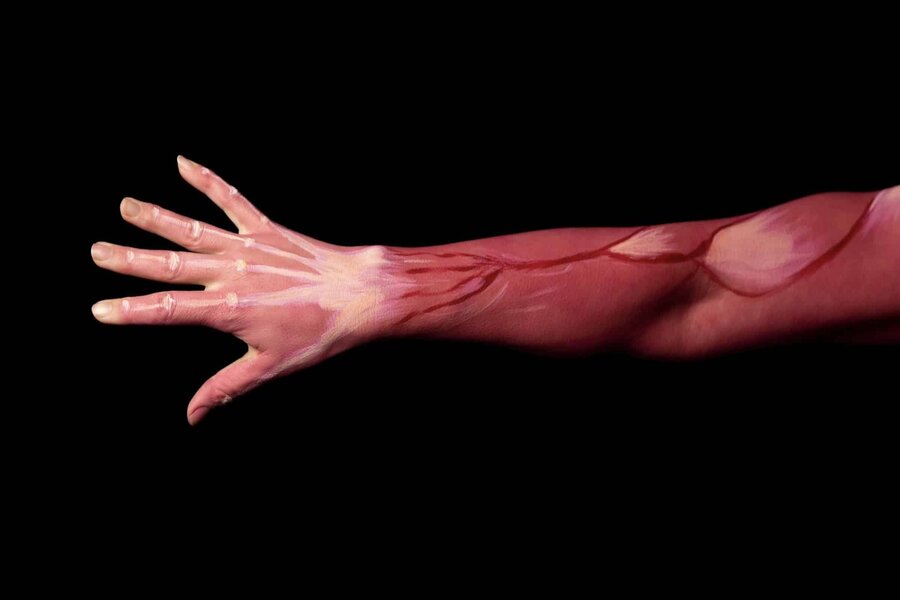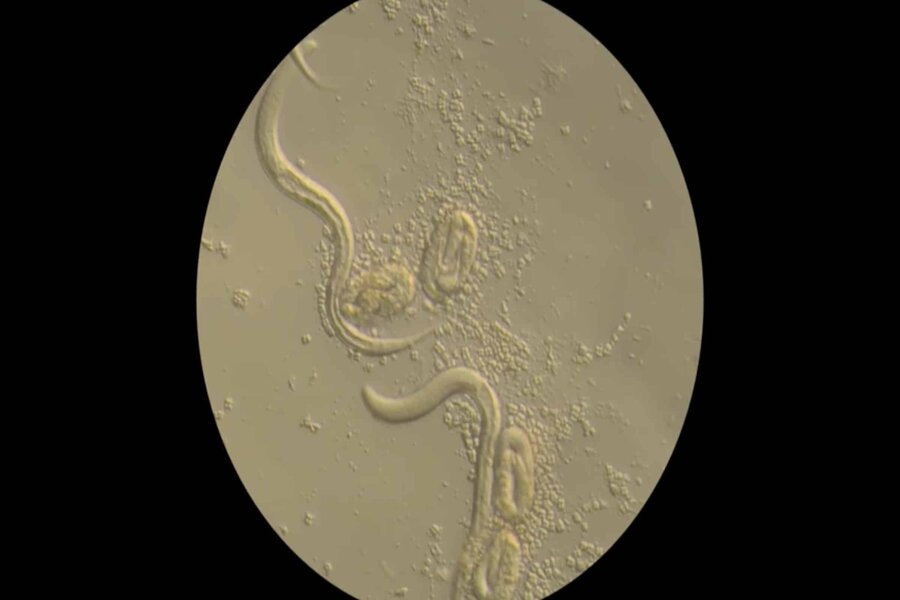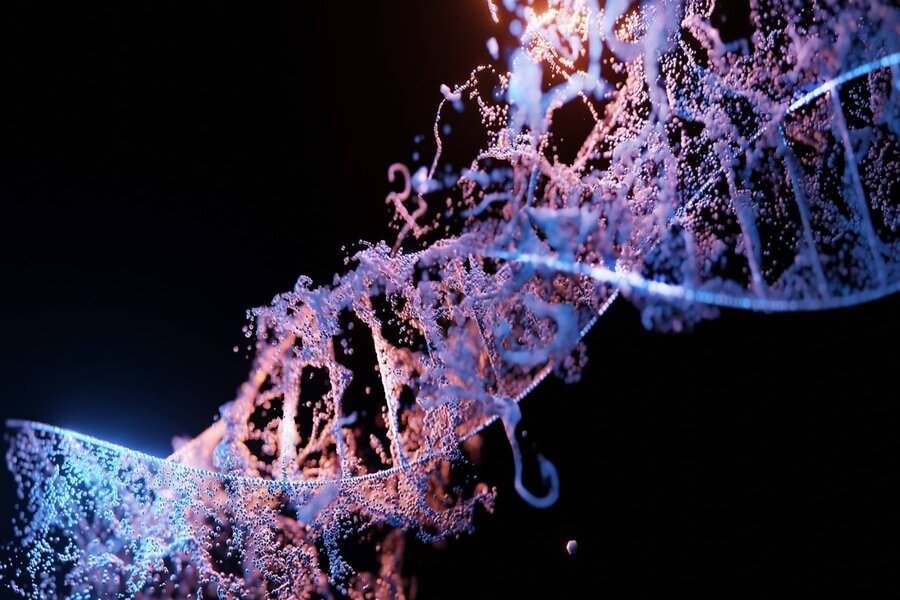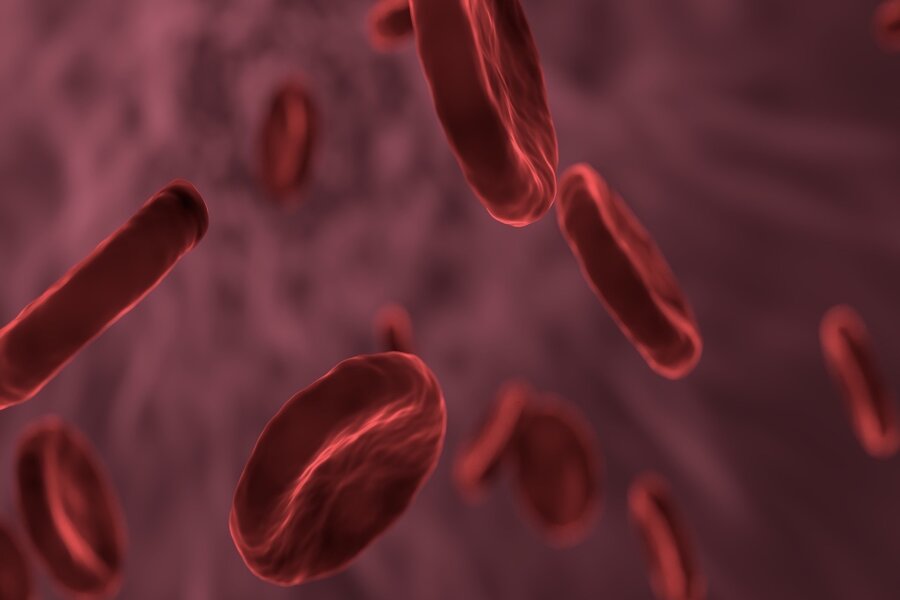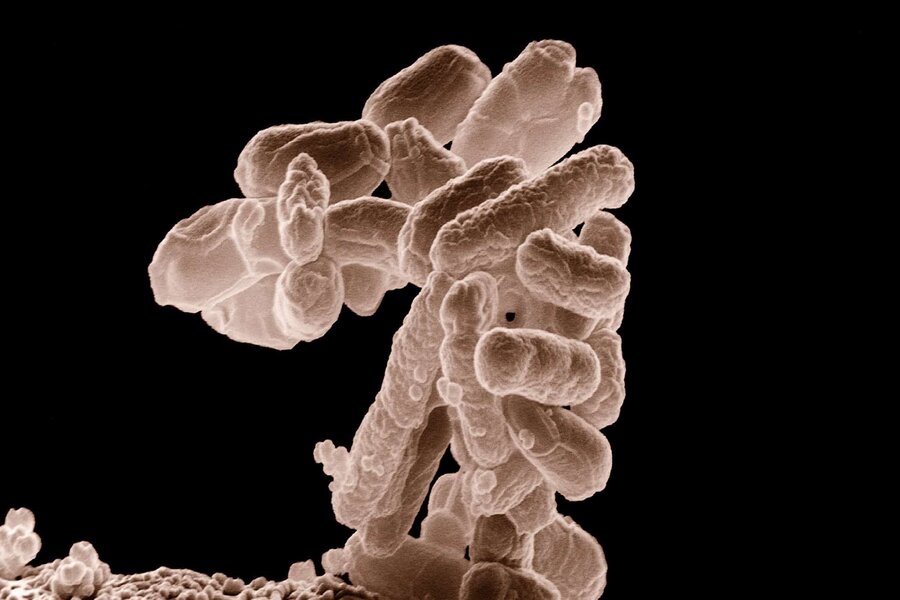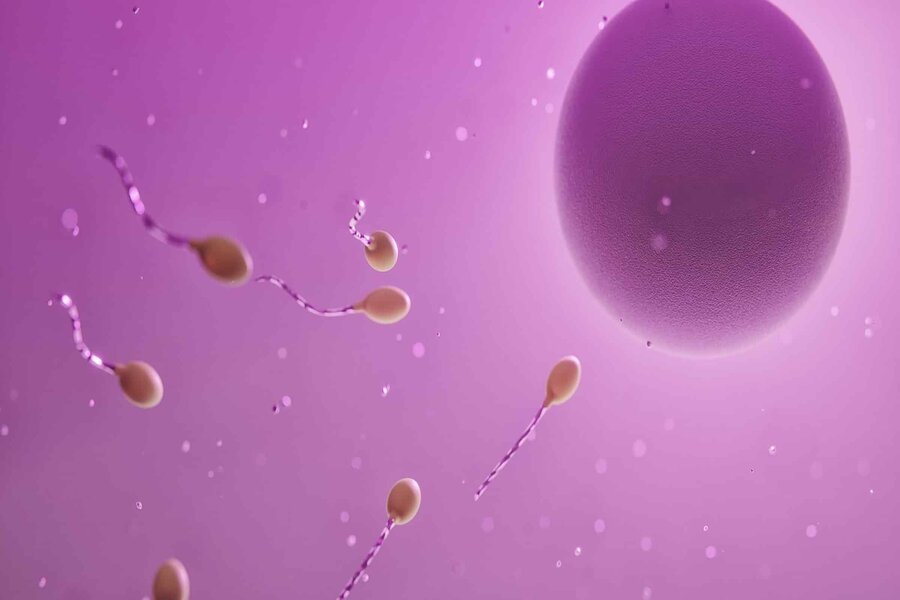The Sense of Hearing Is a Masterpiece of Engineering
Several different structural components are necessary for the vertebrate sense of hearing. It strains credulity to suppose that an unguided process of random variation sifted by natural selection could assemble such a delicately arranged system. It instead points to a cause with foresight.
The Sense of Hearing Is a Masterpiece of Engineering Read More »


